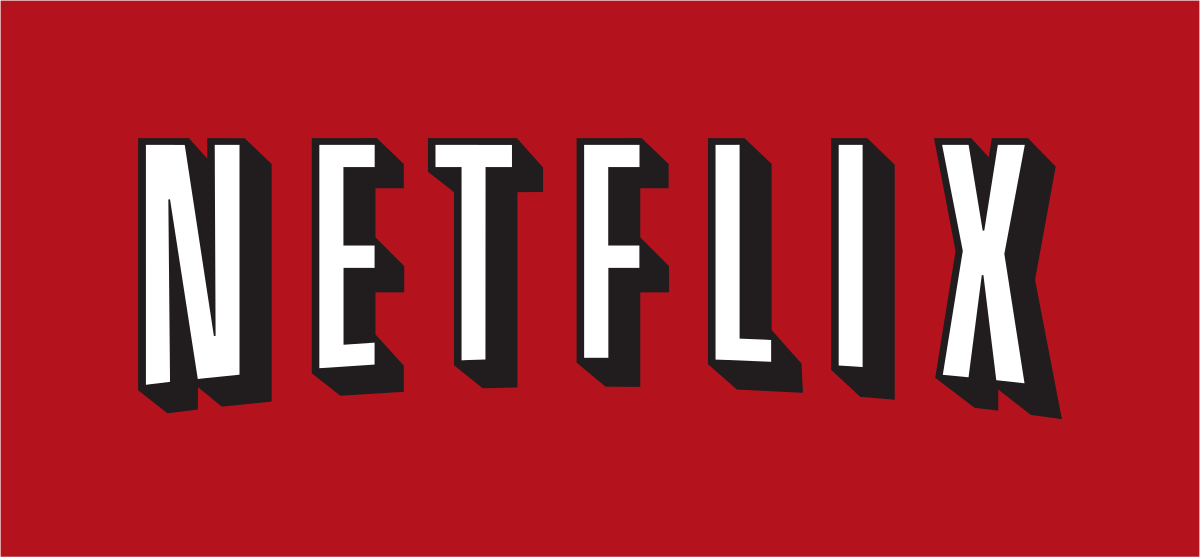Imagine the perfect library book. Its pages don’t tear. Its spine is unbreakable. It can be checked out from home. And it can never get lost.
The value of this magically convenient library book — otherwise known as an e-book — is the subject of a fresh and furious debate in the publishing world. For years, public libraries building their e-book collections have typically done so with the agreement from publishers that once a library buys an e-book, it can lend it out, one reader at a time, an unlimited number of times.
Last week, that agreement was upended by HarperCollins Publishers when it began enforcing new restrictions on its e-books, requiring that books be checked out only 26 times before they expire. Assuming a two-week checkout period, that is long enough for a book to last at least one year.
What could have been a simple, barely noticed change in policy has galvanized librarians across the country, many of whom called the new rule unfair and vowed to boycott e-books from HarperCollins, the publisher of Doris Lessing,Sarah Palin and Joyce Carol Oates.
“People just felt gobsmacked,” said Anne Silvers Lee, the chief of the materials management division of the Free Library of Philadelphia, which has temporarily stopped buying HarperCollins e-books. “We want e-books in our collections, our customers are telling us they want e-books, so I want to be able to get e-books from all the publishers. I also need to do it in a way that is not going to be exorbitantly expensive.”
But some librarians said the change, however unwelcome, had ignited a public conversation about e-books in libraries that was long overdue. While librarians are pushing for more e-books to satisfy demand from patrons, publishers, with an eye to their bottom lines, are reconsidering how much the access to their e-books should be worth.
“People are agitated for very good reasons,” said Roberta Stevens, the president of the American Library Association. “Library budgets are, at best, stagnant. E-book usage has been surging. And the other part of it is that there is grave concern that this model would be used by other publishers.”
Related articles
- Halifax Library Boycotts HarperCollins eBooks (techdirt.com)











